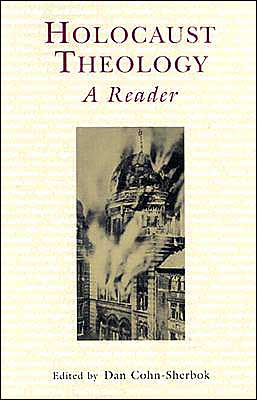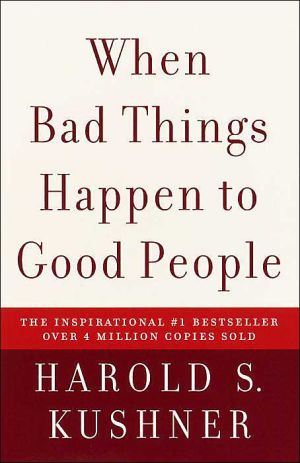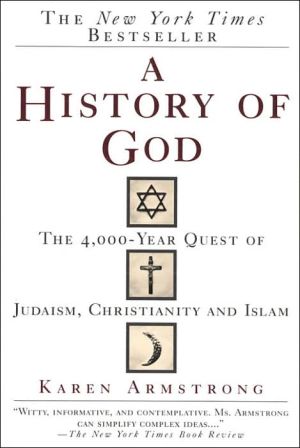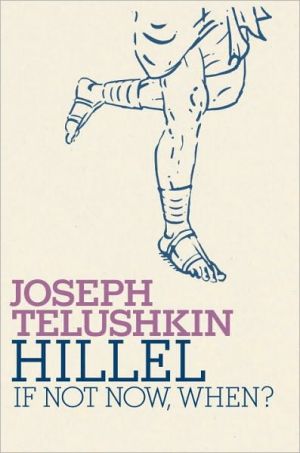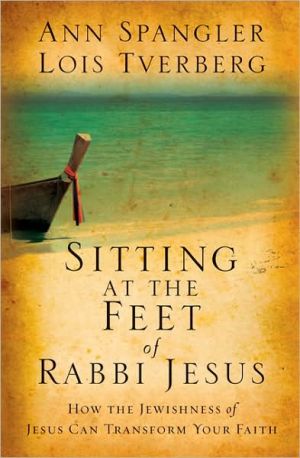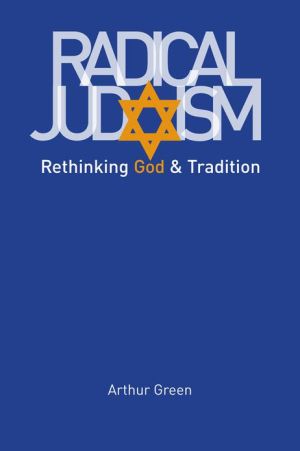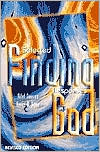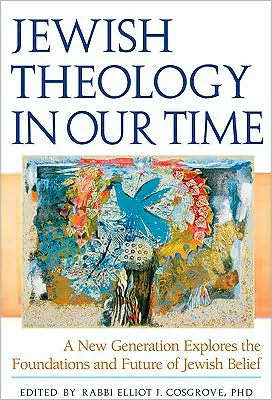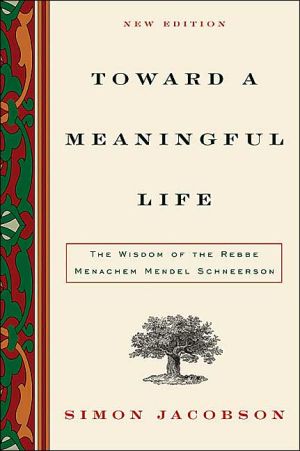Holocaust Theology: A Reader
Where was God when six million died? Over the last few decades this question has haunted both Jewish and Christian theologians. If God is all-good and all-powerful, how could he have permitted the Holocaust to take place? Holocaust Theology: A Reader provides a panoramic survey of the responses of over one hundred leading Jewish and Christian Holocaust thinkers. Beginning with the religious challenge of the Holocaust, the collection explores a wide range of theodices which seek to reconcile...
Search in google:
In this study, Cohn-Sherbok explores the work of eight Holocaust theologians: Bernard Maza, Ignaz Maybaum, Emil Fackenheim, Eliezer Berkovits, Arthur A. Cohen, Richard Rubenstein, Elie Wiesel, and Marc Ellis. He argues that all ultimately fail to reconcile, as they must, the reality of suffering with the loving kindness of God. Publishers Weekly The Holocaust starkly challenges theologians to answer the profoundly perplexing question at the foundation of theodicy: why does an omnipotent, benevolent God permit evil to exist in the world? Most of the selections in this anthology deal with theodicy, although only a few actually use that term. Cohn-Sherbok, a professor of Judaism at the University of Wales, brings together the responses of more than 100 Christian and Jewish thinkers. For each one, Cohn-Sherbok provides brief excerpts from their writings, grouped into four overlapping categories: "The Challenge," "Faith in the Dead Camps," "Wrestling with the Holocaust" and "Jews, Christians and the Holocaust." Some of the authors are little known, but many are more familiar, such as Elie Wiesel, Paul Tillich, Abraham Joshua Heschel, Jacob Neusner and Primo Levi. They repeatedly quote from each other. The book begins with a useful summary of its contents and a history of the Holocaust. Cohn-Sherbok also provides an epilogue, "The Future of Holocaust Theology," in which he states the conclusion reached by many of the writers: the Holocaust "is an unfathomable mystery." A less significant mystery is in the inclusion of two obscure individuals, Julio de Santa Ana and Marc Ellis, who somehow subvert Holocaust theology into an attack on the State of Israel, accusing it of "oppression of the Palestinian masses" and torturing Palestinian prisoners. These writers diminish the value of Cohn-Sherbok's compilation, since their comments contrast sharply with the more thoughtful and balanced efforts of the other contributors. (Apr.) Copyright 2002 Cahners Business Information.
Chapter OutlineGlossaryIntroduction1The Holocaust: Historical Background26Pt. IThe Challenge391The Religious Challenge of the Holocaust41Pt. IIFaith in the Death Camps712Religious Faith733The Holocaust and Divine Providence934The Holocaust and Mystery1065Faithfulness and Suffering112Pt. IIIWrestling with the Holocaust1236The Suffering of God1277Human Free Will1538The Holocaust and Christian Faith1709The Holocaust and the Kingdom17810The Holocaust and Covenant18611The Holocaust and Human Evil19212The Holocaust and Jewish Survival21613Reconstructing Judaism237Pt. IVJews, Christians and the Holocaust27114The Holocaust and Christian Responsibility27315Re-evaluating Christian Theology31316Jewish - Christian Dialogue355Epilogue: The Future of Holocaust Theology383Bibliography389Acknowledgements399Index of Authors401General Index405
\ Publishers WeeklyThe Holocaust starkly challenges theologians to answer the profoundly perplexing question at the foundation of theodicy: why does an omnipotent, benevolent God permit evil to exist in the world? Most of the selections in this anthology deal with theodicy, although only a few actually use that term. Cohn-Sherbok, a professor of Judaism at the University of Wales, brings together the responses of more than 100 Christian and Jewish thinkers. For each one, Cohn-Sherbok provides brief excerpts from their writings, grouped into four overlapping categories: "The Challenge," "Faith in the Dead Camps," "Wrestling with the Holocaust" and "Jews, Christians and the Holocaust." Some of the authors are little known, but many are more familiar, such as Elie Wiesel, Paul Tillich, Abraham Joshua Heschel, Jacob Neusner and Primo Levi. They repeatedly quote from each other. The book begins with a useful summary of its contents and a history of the Holocaust. Cohn-Sherbok also provides an epilogue, "The Future of Holocaust Theology," in which he states the conclusion reached by many of the writers: the Holocaust "is an unfathomable mystery." A less significant mystery is in the inclusion of two obscure individuals, Julio de Santa Ana and Marc Ellis, who somehow subvert Holocaust theology into an attack on the State of Israel, accusing it of "oppression of the Palestinian masses" and torturing Palestinian prisoners. These writers diminish the value of Cohn-Sherbok's compilation, since their comments contrast sharply with the more thoughtful and balanced efforts of the other contributors. (Apr.) Copyright 2002 Cahners Business Information.\ \ \ \ \ From the Publisher"This anthology does indeed offer a panoramic survey, and thus is a valuable contribution to Holocaust literature.]"\ -The Princeton Seminary Bulletin\ ,\ "Rabbi Dan Cohn-Sherbok has provided a much needed and indeed "panoramic survey of Holocaust theology" (1) that offers a comprehensive overview of excerpts from representative writings in the field. Holocaust Theology: A Reader provides a fine, comprehensive overview of the interpretive possibilities."\ -Journal of the American Academy of Religion\ ,\ "Holocaust Theology: A Reader should prove useful as an introductory text which grapples with complex issues."\ -SHOFAR\ ,\ \ \
